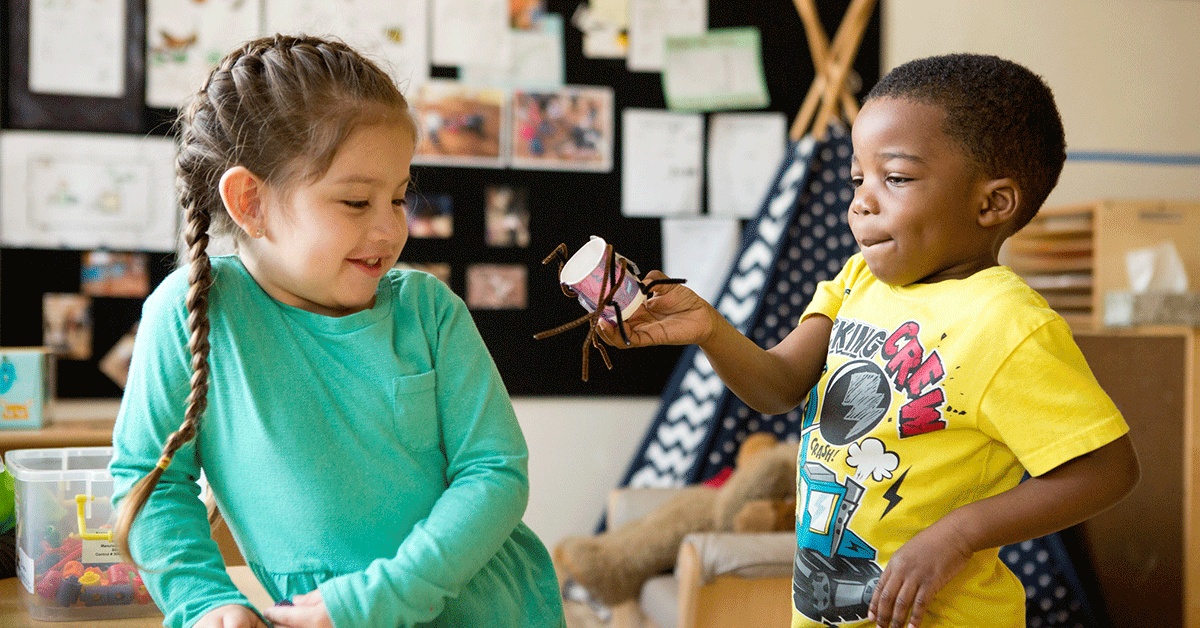We are excited to share journal publications like this one resulting from FORWARD data. There are many more papers currently in development, and the future for Fragile X syndrome research is bright as more data is gathered.
Summary
Fragile X syndrome (FXS) is characterized by variable physical, neurologic, and behavioral manifestations. This variability represents a challenge when assessing outcomes in clinical practice and interventional research studies, as well as determining an accurate prognosis.
Taking advantage of the extensive FORWARD database, we analyzed a pediatric cross-sectional sample (1,072 males, 338 females) in order to identify neurobehavioral subtypes using latent class analysis. As input, we included co-occurring behavioral conditions, sleep and sensory problems, and three standardized instruments collected in FORWARD (autistic behavior: Social Communication Questionnaire [SCQ], Social Responsiveness Scale — Second Edition [SRS-2]; problem behavior: Aberrant Behavior Checklist revised for FXS [ABCFX]).
Among the different models resulting from the latent class analysis, a 5-class solution yielded the most clinically meaningful pharmacotherapy-independent behavioral subtypes. Each group had distinctive SCQ, SRS-2, and ABCFX profiles, and adequate non-overlap (> 71%). They were termed
- “Mild” (31%),
- “Moderate without Social Impairment” (32%),
- “Moderate with Social Impairment” (7%),
- “Moderate with Disruptive Behavior” (20%), and
- “Severe” (9%).
Our findings support the notion of subtyping individuals with FXS, for improving their clinical management and the development of new treatments.
Kaufmann WE, Raspa M, Bann CM, et al. Latent Class Analysis Identifies Distinctive Behavioral Subtypes in Children with Fragile X Syndrome [published online ahead of print, 2022 Nov 28]. J Autism Dev Disord. 2022;10.1007/s10803-022-05821-7. doi:10.1007/s10803-022-05821-7
 About the FORWARD-MARCH Registry & Database
About the FORWARD-MARCH Registry & Database
Since 2012, the CDC has funded four FORWARD Fragile X studies to expand understanding of Fragile X syndrome. The NFXF has been coordinating study efforts since the beginning and has been vital in ensuring its success.
FORWARD-MARCH is the next step and will collect more detailed information from participants to better understand FXS and improve the lives of children and adolescents with FXS and the lives of their families.
Below are more journal publications resulting from FORWARD data.
more from forward
Your participation in FORWARD is meaningful and increases awareness about Fragile X Syndrome!
Two FORWARD papers published in American Journal of Medical Genetics Part A , were the top 10 most-cited papers published during the 2022-2023 period!
Sensory Symptoms and Signs of Hyperarousal in Individuals with Fragile X Syndrome
FORWARD // Researchers conducted the first comprehensive analysis of characteristics of sensory symptoms in children with FXS and their impact on families.
Featured image by Yatheesh Gowda from Pixabay



